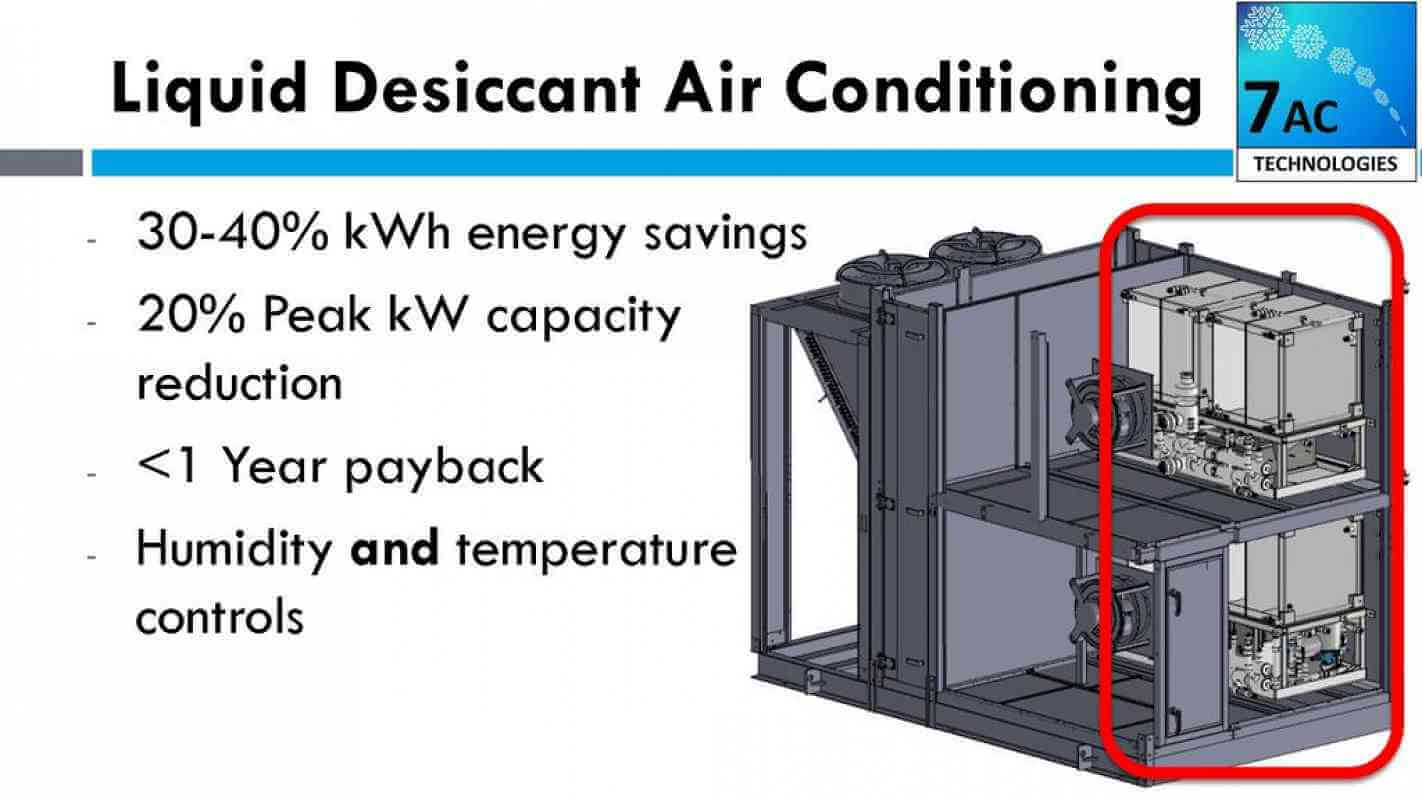Liquid Desiccant Energy-efficient air conditioning is an innovative technology meant to save cost and energy by effectively controlling the humidity in the atmosphere. The liquid desiccant absorbs the moisture before cooling its dew point air since it comprises a concentrated salt solution. It works more effectively on hot-humid applications where Case doors do not allow condensation. Most industries will embrace the use of liquid desiccants due to the following reasons.
It reduces the maintenance cost
Most industrial applicants require regular maintenance due to the electrical demand needed to reduce the heat load, which requires regular monitoring and maintenance. Ergo, the liquid desiccant efficient air conditioner will cool and dry the air in the atmosphere without applying the approach of the compressor-based to reduce the heat load.
Minimizes the energy cost
Globally, electricity is becoming very costly. Liquid desiccant efficient air conditioners get designed to either use solar energy or fossil fuel hence saving the cost of energy usage and storage. Also, it works best for movie shops, retail stores, and restaurants.
Improves workforce productivity
Since liquid desiccant air conditioners applications come with a humid climate, the performance of the students or the workers improves their productivity.
It conserves the environment and makes it clean
The engineers who use fossil fuel to design the system conserve the environment. Also, it lowers the indoor humidity hence preventing mildew and mold.
The future of liquid desiccant air conditioner
The National Renewable Energy Laboratory in the USA, the liquid desiccant in energy-efficient air conditioning manufacturers, will receive a vast amount of money supporting their projects. The organization develops renewable energy, sustainable transportation, integration of energy systems, and energy efficiency.
So far, research based on the novel membrane used to absorb the liquid desiccant air conditioner got $250,000 from the US Department of Energy Technology Commercialization Fund. Since the company is also working on an energy-storing HVAC system, they will receive $ 595,557 to enlarge the project.
Regarding producing the best product, the organization collaborates with the Blue Frontier that operates in Florida for one project that combines liquid desiccant dehumidification with dew point style sensible. For the other project, Jason Woods, the senior engineer, collaborated with Palo Alto Research Center to acquire and implement new knowledge to minimize the total energy consumption by half while using liquid desiccant dehumidification.
After receiving the money from TCF, the company is now working on de-risking and perfuming several experiments to prove the efficiency of that technology. They will engage other HVAC industry partners willing to work with them. According to Kozubal Eric, senior mechanical engineer, the air conditioners available need to lower carbon to be more comfortable and practical. However, the emerging technology can store energy as well as less usage.
The Blue Frontier Company will offer annual operating and incur the cost of maintenance for most business owners. Also, a team of professional technicians will back them up to provide reliable and safe operations.
